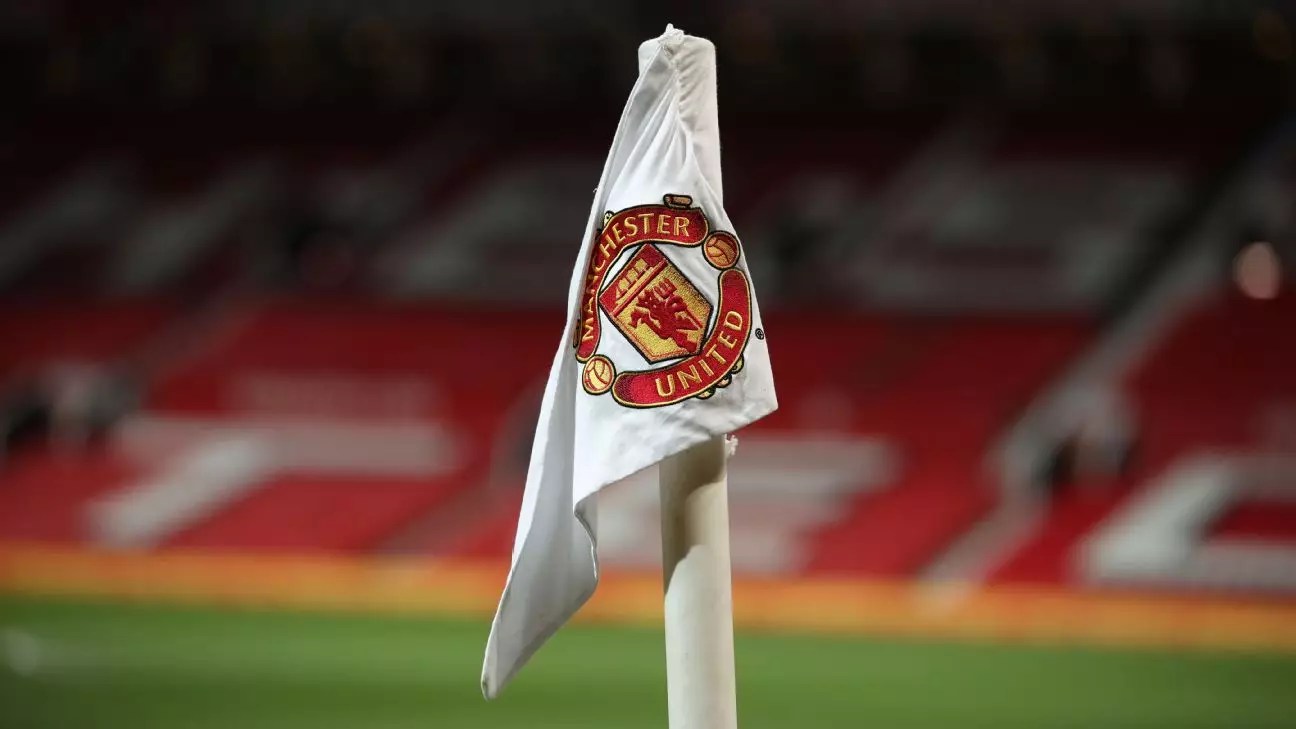Manchester United, a football emblem renowned for its illustrious history and fervent fanbase, has recently stirred controversy by announcing a significant rise in ticket prices ahead of the next season. This decision, revealed shortly after the club’s ambitious plan to construct a new stadium costing £2 billion, raised eyebrows among supporters and industry analysts alike. While the club’s management claims financial necessity, many fans consider this move a disregard for loyalty, especially in recent years marked by underwhelming performances on the pitch.
The Financial Dilemma: A Double-Edged Sword
The announcement of a 5% increase in season ticket prices comes amidst unsettling reports of Manchester United’s financial health. Co-owner Sir Jim Ratcliffe voiced alarming concerns, suggesting that without his capital infusion, the club could have faced dire financial turmoil. Coupled with plans to make about 450 staff redundant, the narrative paints a picture of urgent cost-cutting measures.
Although Ratcliffe’s investment is portrayed as a lifeline for the club, these abrupt changes beg the question: why increase ticket prices at a time of evident struggle? The rationale provided—offsetting operational costs—may hold merit; however, for supporters disheartened by on-field inconsistencies, it feels like a betrayal of trust. The executives at the club seem to be opting for revenue-generating strategies over fan loyalty, leading to a growing rift between the organization and its core support base.
The Impact on Young Fans and Concessions
While the ticket price hike is a bitter pill for many top-tier supporters, it’s particularly disconcerting to see certain age-based concessions vanish. On one hand, Manchester United has commendably decided to freeze ticket prices for fans under 16, safeguarding access for younger supporters. Yet, the elimination of senior ticket concessions contradicts the notion of inclusivity that sports teams should ideally embody.
This inconsistent approach raises further questions: If the club truly values its long-standing supporters, why not extend similar protections to the older demographic, who may also be struggling financially amidst broader economic challenges? The tactical shift to transform certain regular seats into hospitality tickets exemplifies a troubling trend toward prioritizing premium experiences over traditional matchday accessibility.
Financial Justifications vs. Fan Sentiment
CEO Omar Berrada’s defense of the price increase draws attention to a price structure that aims to mirror inflation adjustments, suggesting that ticket costs remain lower than they were a decade ago. While there is merit in ensuring financial sustainability, it feels counterintuitive to enhance ticket prices with the justification of inflation when the product—on-pitch performance—has faltered significantly.
Fans have already expressed significant discontent, particularly following a mid-season ticket rise that saw match day prices soar to £66, without concessions. Such financial decisions signal a prioritization of profit margins over the emotional connectivity and loyalty that define the club’s identity. For a franchise as storied as Manchester United, this departure from the community-focused ethos could prove disastrous in the long run as disillusioned fans seek to disengage.
The Call for Fan Engagement and Future Considerations
The Manchester United Supporters Trust (MUST) has consistently advocated for ticket price freezes, reflecting a growing sentiment among the fanbase that cohesive support ought to be rewarded rather than exploited. The advocates argue that establishing a more robust financial strategy—one that doesn’t forsake the loyalty of its supporters—should be a priority of the management.
While the financial arguments and plans for a new stadium hold weight, they should not come at the cost of the fans’ emotional investment in the club. Ultimately, true loyalty goes both ways—investing in a team’s future should not require sacrificing the habitual supporters who’ve stood by the club through thick and thin. If Manchester United is to genuinely move forward in alignment with the community it serves, a reconsideration of the approaches to both pricing and engagement with its supporters appears vital.


Leave a Reply